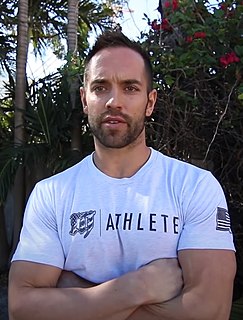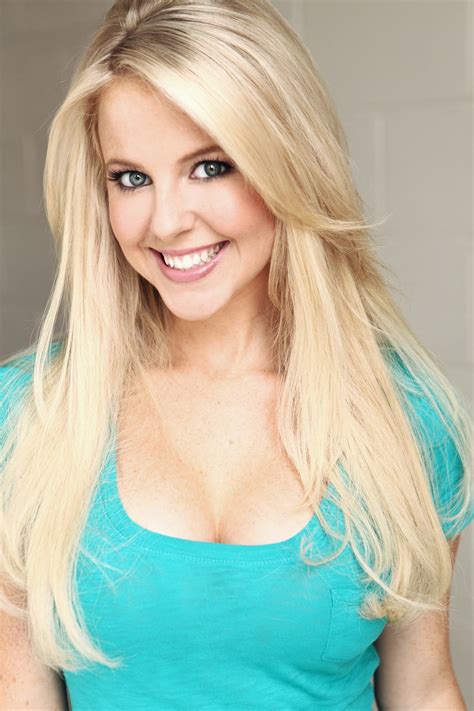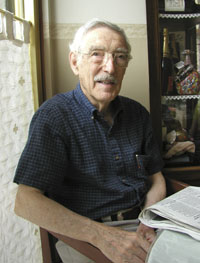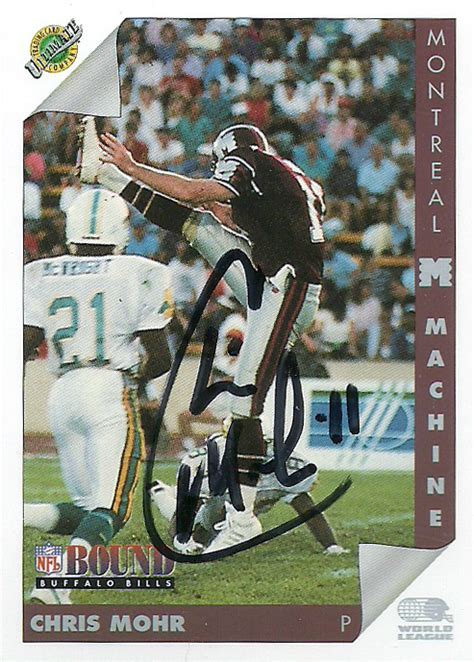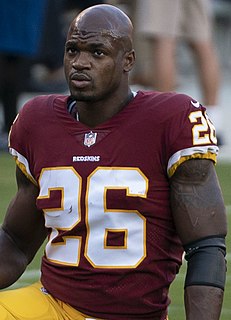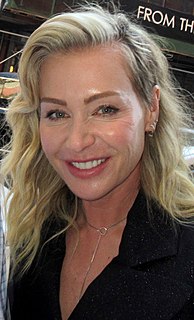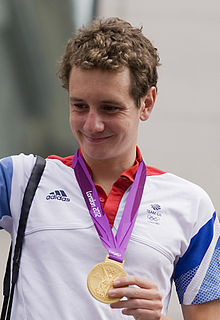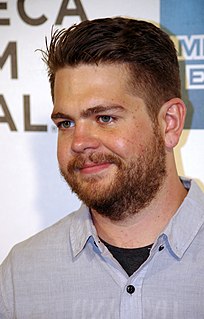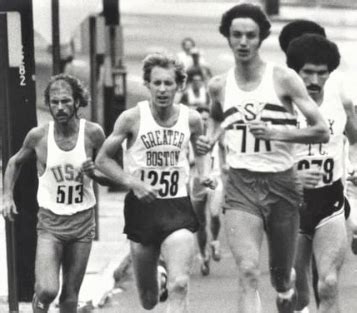A Quote by Rich Froning Jr.
A lot of people who do CrossFit eat a strict paleo diet, but I don't subscribe to any specific way of eating. If you burn enough calories, you don't need to.
Related Quotes
There's no reason that we need to be counting things and adding things up in order to sit down and eat a meal. I enjoy eating so much; I don't want to do match every time I eat. I guarantee you, maybe your diet soda has no calories, but it's still poison. We have to think about what are we putting in our mouths.
I finally understood that by being on a perpetual diet, I had practiced a "disordered" form of eating my whole life. I restricted when I was hungry and in need of nutrition and binged when I was so grotesquely full I couldn't be comfortable in any position by lying down. Diets that tell people what to eat or when to eat are the practices inbetween. And dieting, I discovered, was another form of disordered eating, just as anorexia and bulimia similarly disrupt the natural order of eating.
I train for about 25 to 30 hours a week so I need to eat a lot. You just need to have a generally healthy diet. You need to be eating foods with lots of vitamins and minerals. You need to make sure you eat properly in order to give yourself the best chance of performing and recovering from training and competing.
On the course, I sometimes eat a little sandwich or a slow-release energy bar - one on the front nine and one on the back nine. You're out there five hours, so you have to keep eating. You're going to burn at least 1,000 calories. I'll try to take in about 400-600 calories during a round and drink water.
Vegetarians always ask about getting enough protein. But I don't know any nutrition expert (who) can plan a diet of natural foods resulting in a protein deficiency, so long as you're not deficient in calories. You need only 5 or 6 percent of total calories in protein... and it is pratically impossible to get below 9 percent in ordinary diets.
